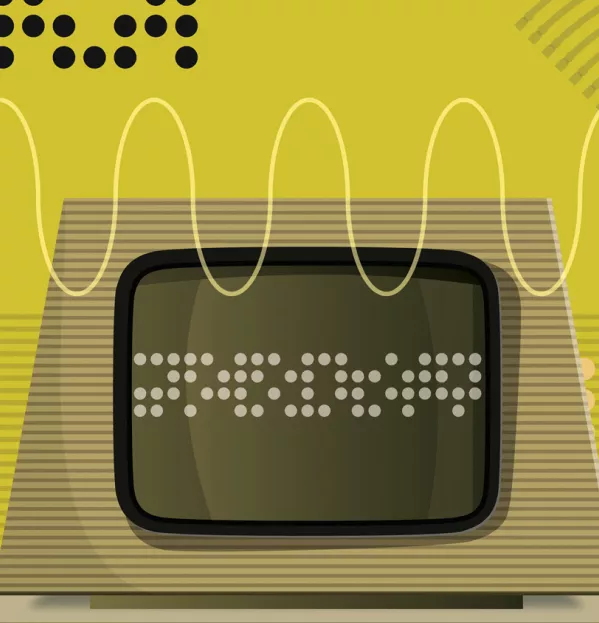I recently met a journalist from Bloomberg, the business news specialists, and we ended up talking about technology’s potential to make many skilled jobs obsolete. “It’s already happening in journalism,” he told me: his employers had software that could rapidly convert a complex financial report into a crisp piece of factual writing.
A few months earlier, I had bumped into the current head of the journalism course that I completed 15 years ago, who told me that today’s students are very different from my cohort. In 2001, the typical journalism student’s dream job was writing features for The Guardian, and there was a clear series of steps towards that goal. Now, she said, the students do not envisage a stable career with a single employer; instead, they see themselves as brands to be built up through myriad social media platforms who will freelance for many companies.
Linear career paths are disappearing. Sophisticated skills are being mastered by machines. Entire industries may soon be gone in a puff of smoke. How on earth do schools prepare pupils for this fluid and highly uncertain world?
It’s a question that increasingly provides a prism through which value judgements about education are made. A case in point: the Scottish Secondary Teachers’ Association is calling for the reintroduction of principal teachers, but the dismissive riposte from the general secretary of the Association of Directors of Education in Scotland holds that this is out of step with the “complex interdisciplinary world” of 2016 and beyond.
We offer no verdict on that argument, but I do wonder if education has a tendency to miss the big picture.
Governance, standardised assessment and the viability of certain qualifications are important, of course, and have dominated debate of late.
By comparison, the inability of countless pupils and teachers to get online reliably feels like a fringe issue; the publication of a Scottish digital learning and teaching strategy in September passed with little fanfare.
Yet, surely it’s critical that schools have the bandwidth expected in workplaces, and that they can use phenomena connecting the world, such as YouTube and Twitter.
And when a couple of teachers toil away for a year to develop a highly useful education app, they shouldn’t have colleagues tell them that they can’t use it because their employers don’t provide the technological wherewithal (a scenario that I witnessed at a recent conference). Otherwise, there’s an implicit message: even in a time of unprecedented technological advances, it’s acceptable for schools to muddle through with a learning environment that resists the jump from analogue to digital.
Surely it’s critical that schools have the bandwidth expected in workplaces, and that they can use phenomena connecting the world, such as YouTube and Twitter
The wider world is rapidly digitising, with profound implications for all areas of life. But is this for good or bad? Will artificial intelligence liberate us from the drudgery of work or render us servile to technology corporations? Will the vast repository of information on the internet enlighten humanity or fuel confirmation bias on an unprecedented scale?
If schools can barely help pupils set foot in this daunting world, let alone make sense of it, we fail on a fundamental level. Of course, there are other important matters for education to consider, but to marginalise the all-pervasive digital world in the debate is foolish.
The digital era is here, like it or not. Plenty of schools and teachers want to help pupils get to grips with it - but they have to be equipped to do so.
@Henry_Hepburn
